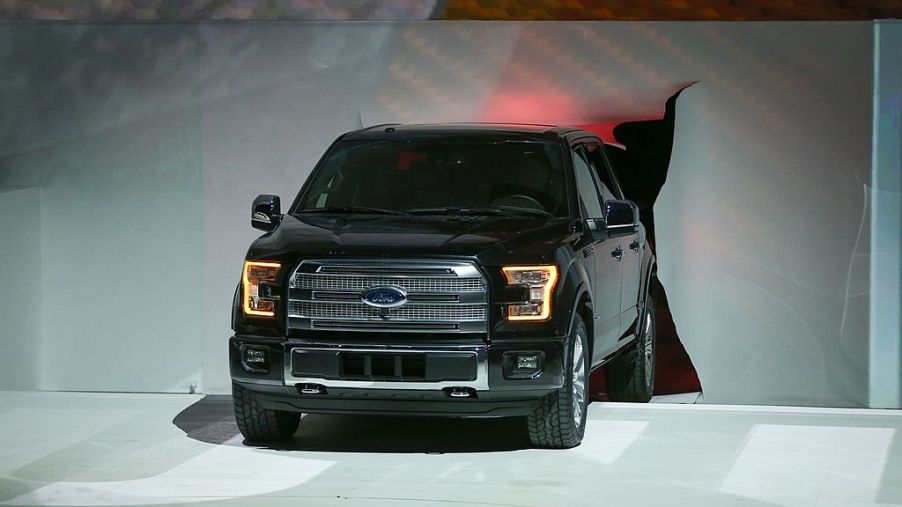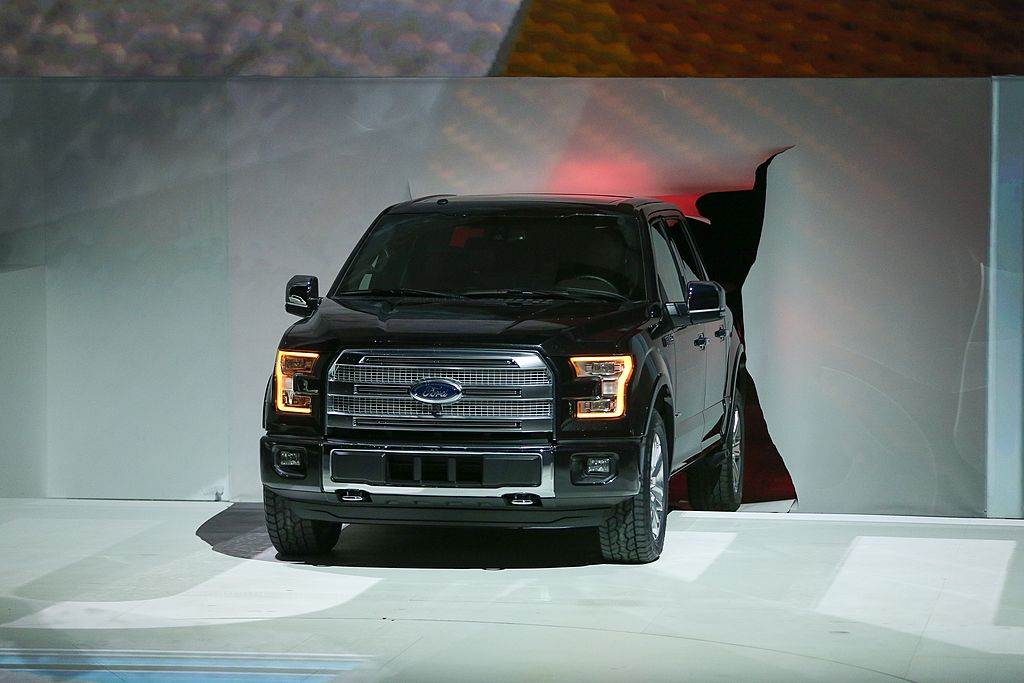
How Much Does Towing Affect Your Gas Mileage?
We’re all fairly familiar with the concepts of physics, yet you might not know that physics are the reason you pay more for gas when you’re towing. Newton’s second law says that “force equals mass times acceleration.” When thinking about towing, this law of physics ensures that you’re going to pay more at the gas pump.
Basically, the heavier your load, the more force you need to tow it. That force is provided by your engine, so the more force it must put out, the more gas it’s going to consume. In short, towing is one expense that can ramp up quickly. It all depends on how much weight you’re planning on towing.
In this article, we’ll discuss how much towing hurts your gas mileage as well as the factors that affect MPG and ways you can tow more efficiently.
How much does towing affect your gas mileage?

Towing seriously impacts your gas mileage. As HowStuffWorks reports, “Whatever mileage your car is rated to get, you can be certain you’ll see that mileage drop in direct proportion to how much weight you’re carrying.” This is because of the tricky techniques car manufacturers use when devising a car’s weight rating. When determining what rating your car gets, car manufacturers assume the car will only carry 300 pounds, or 136 kilograms, of cargo, including passengers. That amount doesn’t even cover the weight of two fully grown men.
Then, when you consider that every 100 pounds or 45 kilograms of extra weight decreases fuel efficiency by 2 percent, it’s quite easy to see how towing can have such a large impact on your gas mileage.
What factors affect your MPG?
Another reason that towing affects your gas mileage: drag. Drag is the effect of wind pulling on the vehicle as well as what it’s towing. Drag forces the engine to work even harder. If your load is bulky, if you have a roof rack, or if you’re towing a trailer, you will encounter even more drag as your load offers more surface area for the wind to pull on.
According to a Consumer Reports test, a simple roof rack decreases fuel economy by 5 percent. At highway speeds, more than 50 percent of engine power is used to conquer drag.
What are some ways you can tow more efficiently?
Using a diesel-powered engine instead of regular gasoline can make a difference when towing. HowStuffWorks says, “While diesel fuel is slightly more expensive than gas, diesel engines can get 12 to 15 percent more power out of a gallon of fuel, so depending on how much you tow, the trade-off could be worth it.” Additionally, diesel engines have more pulling power than gas engines, making the argument for diesel even more convincing.
Another way you can tow more efficiently is to map out where you’ll be driving and at what time. If you can avoid traffic and stick to straight roads, your towing power will be much more effective than if you end up getting stuck in bumper-to-bumper traffic on a road with lots of stops. Using cruise control set at or under the speed limit is a simple and effective way to tow more efficiently.
Bigger may also be better, at least when it comes to towing. Although bigger engines almost always suffer from poor gas mileage, the increased weight from towing doesn’t affect these larger engines nearly as much. HowStuffWorks states that “when compared to small or medium-sized vehicles that may only get 60 percent of their rated fuel economy when towing, these larger engines may actually come out on top.”
The bottom line is, if you’re going to be towing, your gas mileage will be affected. Tundra Solutions says, “Experienced towers cite a decrease from 5 to 10 MPG on average and note that they definitely see more of a difference when traveling at higher speeds.” However, you can do a lot to combat your decreased gas mileage, from driving a vehicle with a larger or diesel engine to setting your cruise control and traveling the speed limit. Making your load as aerodynamic as possible also helps. If you’re going to tow, choose to tow wisely and use these tips next time you travel!


